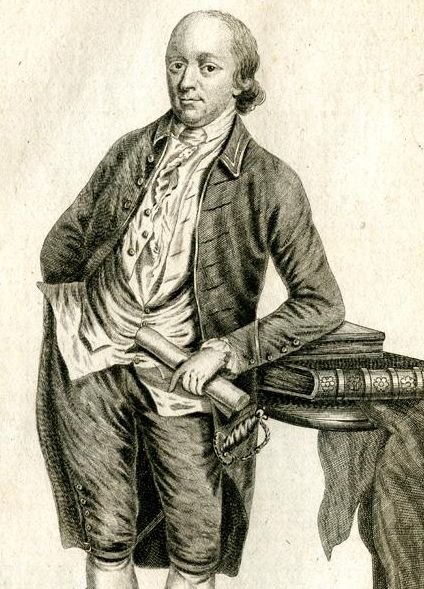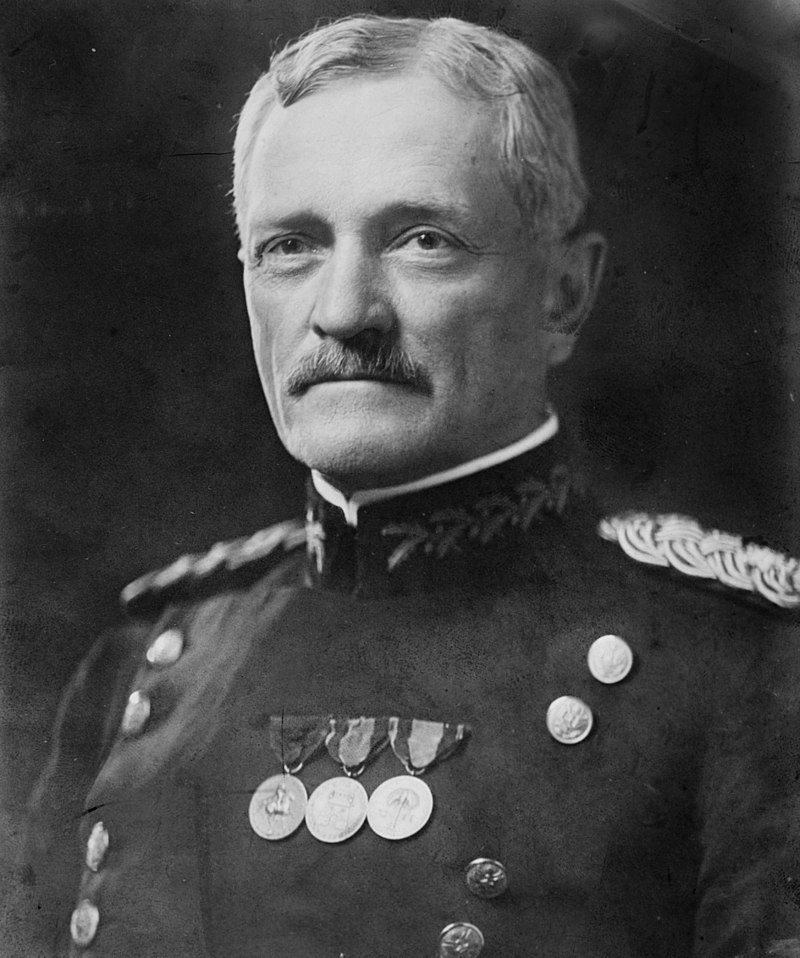February 2018
Bruce Watson is a historian and biographer, and author of seven books and an online magazine, The Attic. With this post, Bruce begins a featured blog for American Heritage. In his inaugural essay, he profiles humorist Robert Benchley (1889-1945), a frequent writer for The New Yorker and Vanity Fair, and founding member of the Algonquin Round Table. His son Nathaniel Benchley wrote the novel and screenplay for Jaws, and also contributed humorous essays to American Heritage about Nantucket and the purchase of Manhattan for $24.
—The Editors
Built in 1778 by a member of the British Parliament who admired George Washington, the vandalized monument stands on an old estate now in ruins.

Editor's Note: This essay, the last that Gene Smith wrote for American Heritage, was in our files when the historian passed away in 2012. Gene was a long-time favorite of our editors, having published 31 essays in the magazine over the years.
Gene once wrote about himself in the third person,"If there was an afterlife...he'd love it for the opportunities offered to interview people he studied in life.” We hope that Gene has had a brandy somewhere with Black Jack.

No matter how often he called, I still always jumped.
Early in October 1918, the Meuse-Argonne offensive smashed into Germany’s Hindenburg line. Allies outnumbered the enemy eight-to-one but the offensive stalled. Germans had laced the Argonne Forest with machine guns. A cold October drizzle turned roads into muck. Advances expected to make eight miles a day made only three, forcing U.S. General John “Blackjack” Pershing to call a halt. For three days, troops regrouped, and officers reconsidered. When the offensive resumed, a single soldier among the 820,000 would become the most celebrated hero in American military history.
